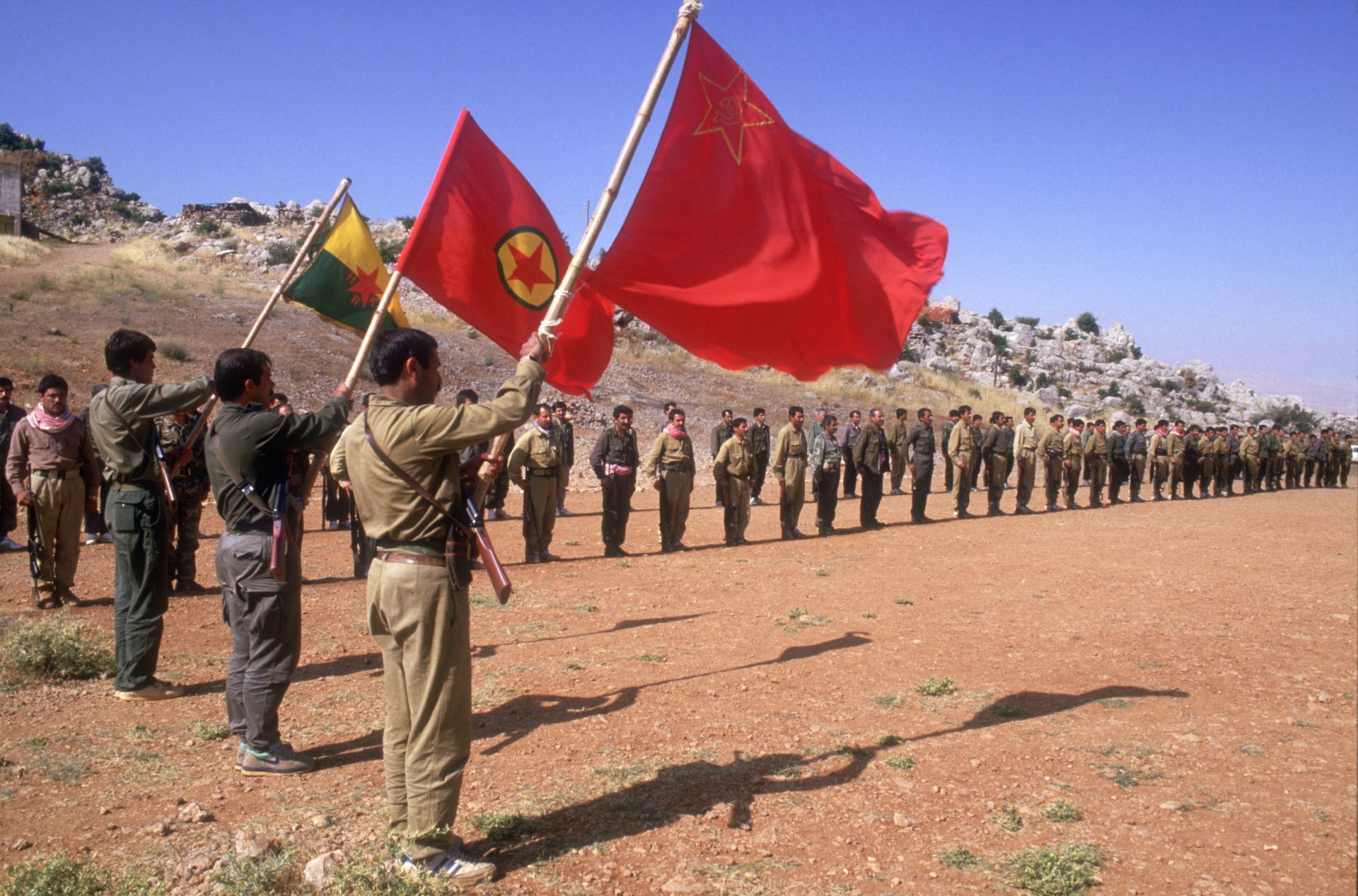- cross-posted to:
- history@mander.xyz
- cross-posted to:
- history@mander.xyz
The Kurdistan Workers’ Party (PKK) is arguably one of the most important non-state actors in modern West Asia. While fighting a brutal guerrilla war against the Turkish government, it has also managed to inspire Kurdish movements in Syria, Iraq and Iran, as well as Iran’s non-Kurdish protesters. In a region where many parties are nakedly sectarian, the PKK has gone from Marxist-Leninist nationalism to a form of radical-democratic “libertarian municipalism” inspired by the late anarchist thinker Murray Bookchin.
For better or worse, the PKK exists today only because the Democratic Front for the Liberation of Palestine (DFLP), a now-obscure Palestinian force, agreed to shelter some Kurdish exiles in the 1980s. That experience in the Palestinian camps permanently affected the worldview of the PKK’s founding generation. Not only did the PKK learn how to fight a guerrilla war, it also walked away with a strong sense of internationalism.
In fact, some of the PKK’s founding figures spent time in an Israeli detention camp as prisoners of war. Old issues of the party magazine Serxwebun tell the remarkable story of the “Beaufort Castle Heroes,” a group of Kurds who had been training at a Palestinian base in Lebanon when they were captured by Israeli forces in June 1982. (Serxwebun means “independence” in Kurdish.) New Lines is reporting much of their story in English for the first time.
The June 1984 edition of Serxwebun features drawings and poetry from the prisoners, including one Iranian Kurdish fighter. The Iranian Kurd, codenamed Sami, recalled being beaten by an Israeli interrogator who shouted, “You came to kill Jews, you’re lying … Kurdistan, Turkistan, Bangladesh, Iran, Arab, you are all antisemitic, we will kill you all.”
The PKK was just one of many foreign fighter contingents in Lebanon. (Sami was captured alongside a Bangladeshi fighter, and another Serxwebun article mentioned the presence of an Iranian from the left-wing People’s Fedai Guerrillas.) At the time, the Palestinian movement was the international leftist cause celebre, and leftists understood it to be part of an unbroken chain of Third World liberation struggles.
“If you know Vietnam, you know Kurdistan … a new Vietnam in our hearts,” Sami wrote in a poem. “To the defenseless prisoner in Diyarbakir, to the leaf on the tree in Vietnam, to the living being in Hiroshima and Nagasaki, to the orphan baby in Sabra and Shatila.”
Extra reading: PKK Internationalists in the Palestinian Resistance ![]()
GOOD post. I follow a bunch of Palestinian-aligned outlets and some of them are blatant Turkish state propaganda at times. The axis against Kurdish autonomy (and against the revolution in North Eastern Syria) are no different to the axis of collaborators with Israel


